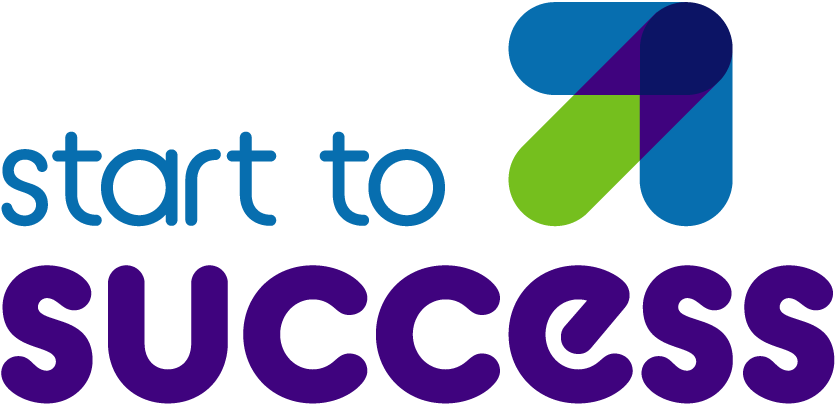Start to Success Supports Black History Month & Hate Crime Awareness Week
October is the UK's Black History Month, a time when the achievements and struggles of Black people are recognised and celebrated throughout the UK. Black History Month is open to participation by everyone and is ideally developed, delivered and managed as an educational and historical awareness experience by Black people and should be shared by everyone as world history.
In the UK, Black British people are more likely to encounter inpatient mental health services, be diagnosed with psychosis, and to be detained under the Mental Health Act than white people – these are things we need to talk about.
There are several things that can influence Black mental health such as racism and discrimination, social and economic inequalities and mental health stigma. At Keele, we have a zero tolerance to racism, of any kind – it’s #NeverOK. This applies to all our Keele community, wherever they are – learning on our campuses or across the world. You can find out more about Keele’s #NeverOK campaign here.
The Start to Success project, in collaboration with KeeleSU and the Race Equality Charter team, have developed two guides that aim to support the mental health of black people. The first is a guide for black students that shares tips on how to look after your own mental health, a list of what support is available and some helpful resources including charities and support groups. The second is a guide for friends or peers, that includes educational resources that highlight the specific challenges black people face, how to support a friend who may be struggling and how to be an active bystander.
During October, Keele University, KeeleSU and the Start to Success Project also supported National Hate Crime Awareness Week. Again, the Start to Success team worked collaboratively with KeeleSU and the Race Equality Charter team to develop a series of social media graphics outlining what a hate crime is, how to get support if you are a victim or witness of hate crime, the difference between a hate crime and a hate incident and information about microaggressions. These graphics were shared on the KeeleSU and Life at Keele social media channels.










